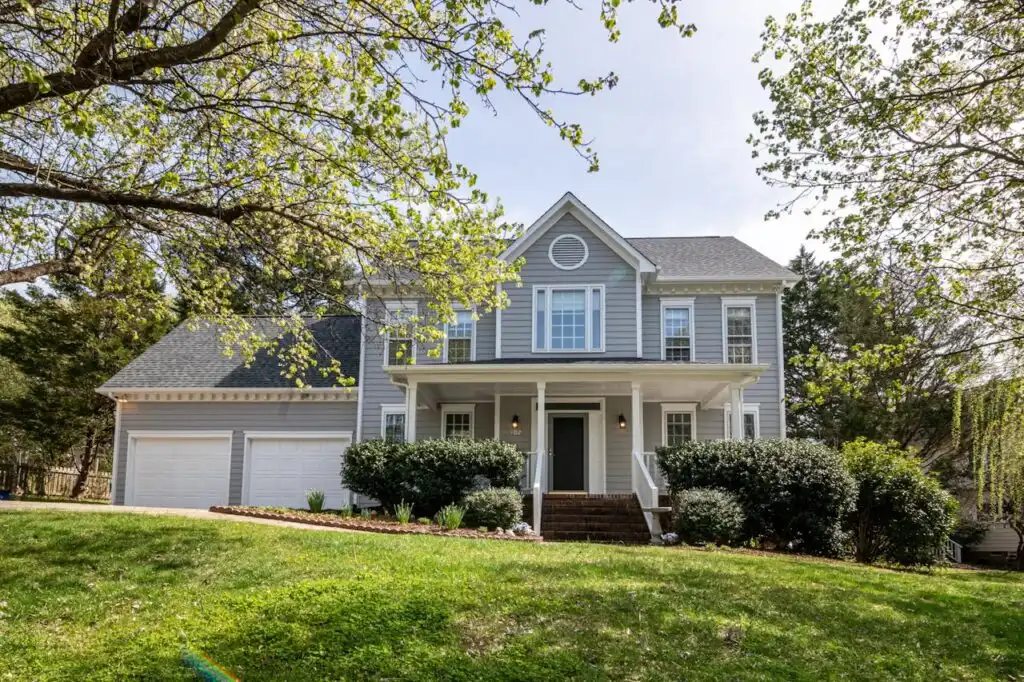
Photo by Curtis Adams: https://www.pexels.com/photo/house-facade-3935344/
House buying is an expensive process, and the criteria for achieving a mortgage with reasonable terms are rising every year. It’s no wonder that most countries are experiencing a housing crisis, and why it’s led to quite intense political instability the world over.
For us normal folk, however, the process can be infuriating. This is especially true with private equity firms sniffing around, long mortgage terms, and also stiff competition for even the more basic households. Still, it’s a journey worth pursuing, and it’s still more than possible to find an outcome you’re happy with. You just have to be persistent and expect some issues down the line.
As you no doubt expect, a time like this can come with various demands on your finances, draining your savings and leading to incremental purchases. Some couples even go without a bed frame for months as they furnish everything else, as they slowly set themselves up in the space, and that’s just one example.
Sacrifices abound, then, but you may also wonder if financial wiggle room is available to you. Here’s how to find more of it:
Auction Bridging Plans
Buying at auction can get you a property below market value, to the point where you might wonder why everyone hasn’t gone this route. There are catches though, as you need to complete the purchase quickly, usually within 28 days, and most mortgages can’t move that fast. Often, buyers find that auction bridging loan options are useful, because they give you the cash to secure the property while you put any longer-term financing in place.
The fees are higher than a standard mortgage, so you need to include that into your calculations. But if the property is genuinely undervalued and you’ve done your homework on what it’ll cost to fix up or rent out, the speed and flexibility can be worth it. Just make sure you’ve got a clear plan for paying off the bridging loan, perhaps through a remortgage or selling another property.
Extend Your Search Area
If you’re stuck on one distinct region or even neighborhood, you’re limiting yourself. The places you think you want to live might be out of reach right now, but go ten minutes further out and suddenly there are affordable options with still great public transport or road links. It’s not always fun to compromise on location and we totally understandable, but in this market it can mean the difference between owning something and staying stuck renting.
Look at commute times, amenities, and if the area is improving or declining, as that counts for a lot too. That being said, you might not love it immediately, but if it gets you onto the property ladder and building equity, that’s decent progress. You can always move again in a few years once you’re in a stronger position.
Delay Non-Essential Spending
Furniture, decorating, new appliances, all of that can wait in the meantime, as moving into a new place makes you want to set it up perfectly right away, but draining your savings to do it puts you in a vulnerable position. If something breaks or you need emergency cash, you’ll regret spending everything on a nice L-shaped sofa when your two armchairs given by a relative could have been fine for the first six months.
Focus on the essentials first, such as a bed, somewhere to sit, and basic kitchen utilities where appropriate. Everything else can be added gradually as your finances recover, and it’ll give you some breathing space to think that way.
With this advice, you’ll be certain to find the spending wriggle room you need, even in a new property.
